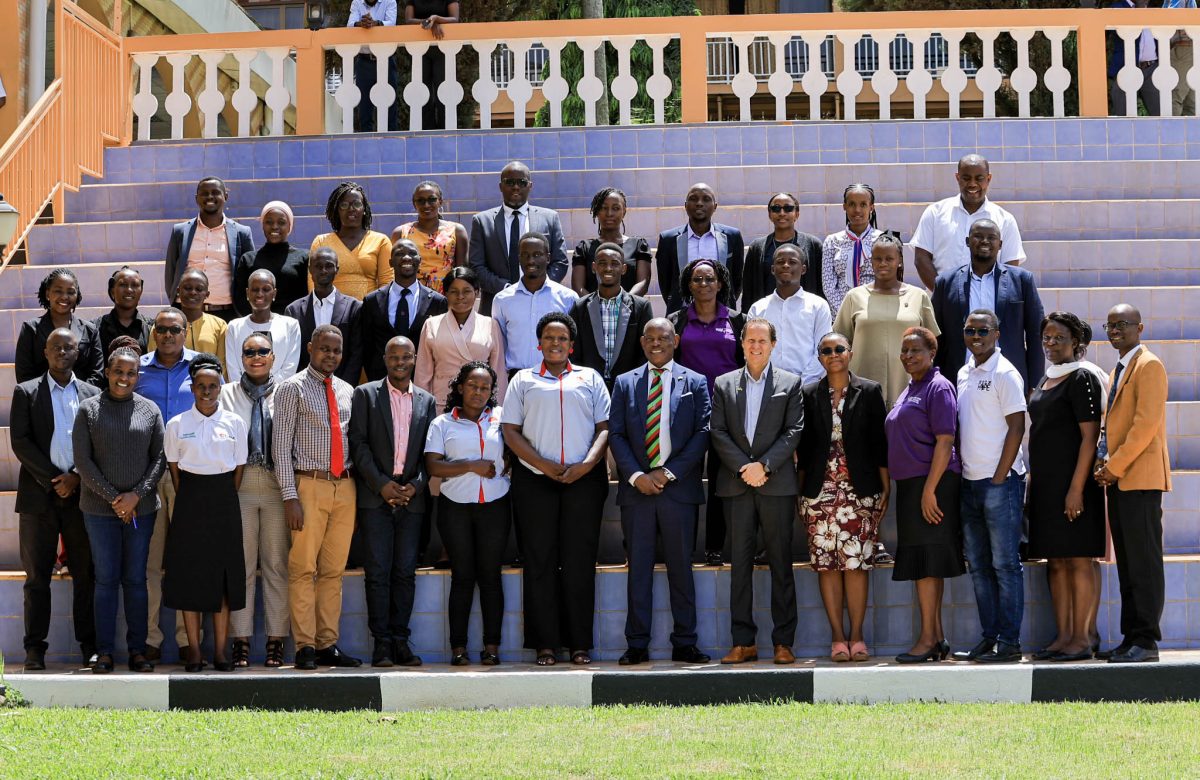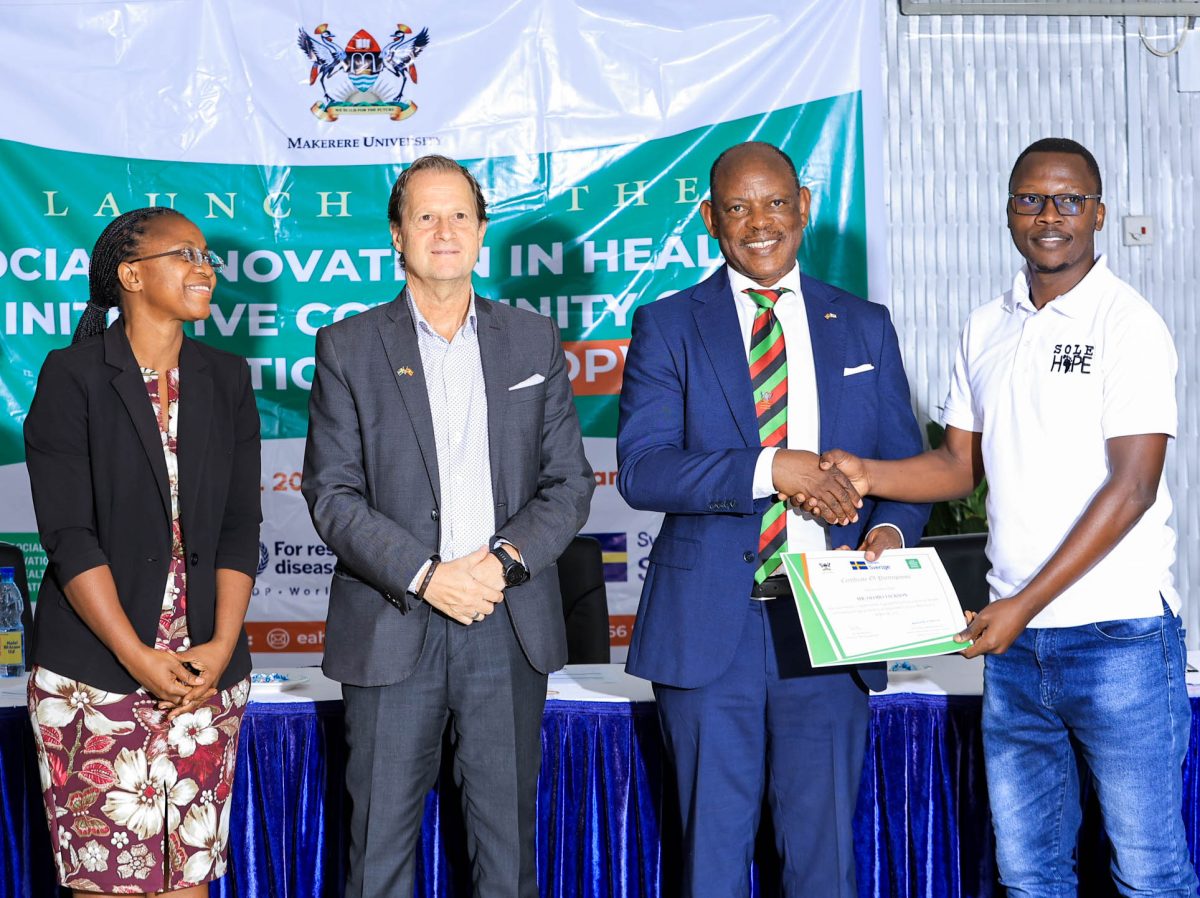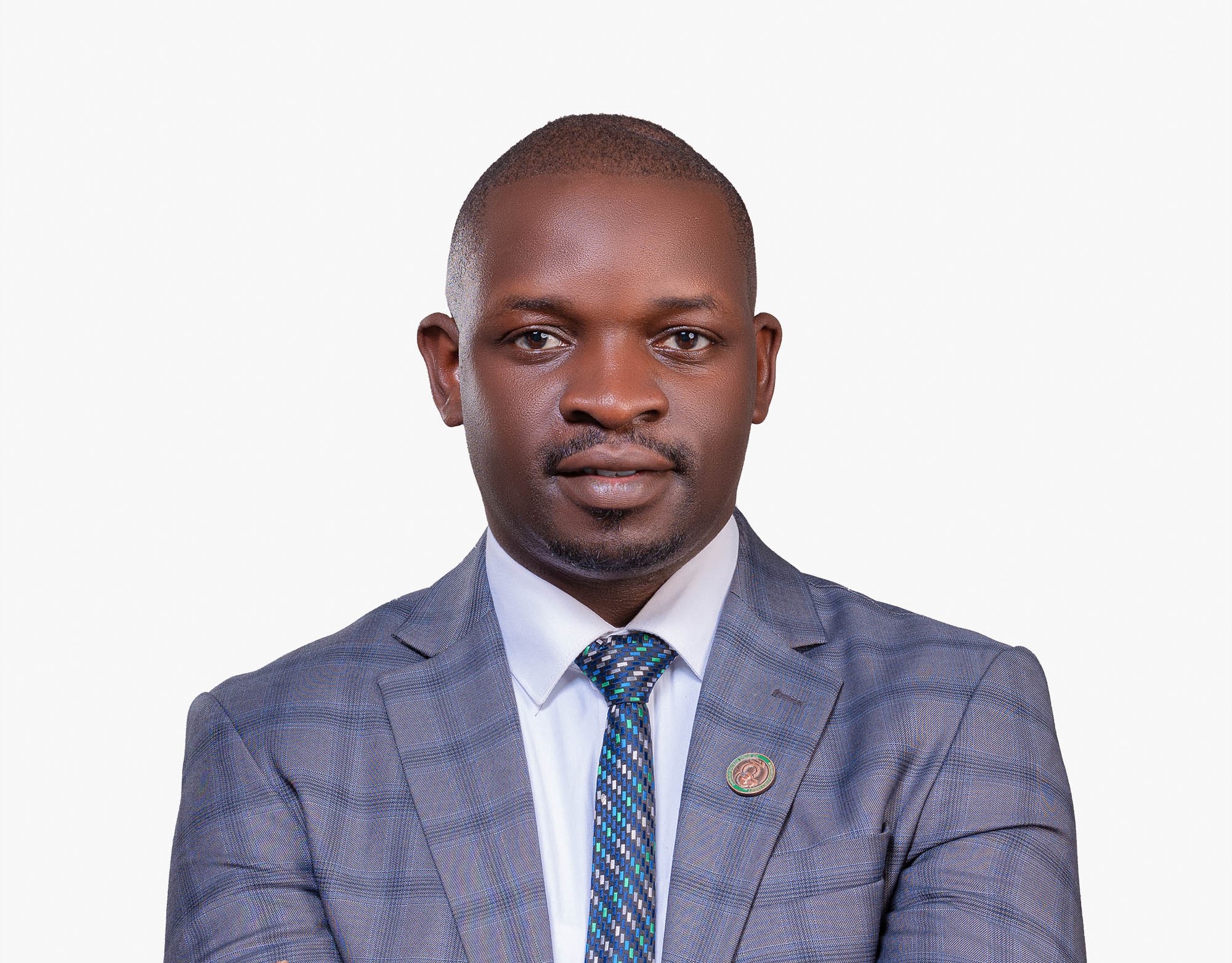Kampala, 09 April 2025— Makerere University has officially launched the Social Innovation in Health Initiative Community of Practice (SIHICOP)—a new platform designed to connect local health innovators with policymakers, donors, and researchers. The goal: to turn scattered success stories into a powerful, nationwide movement that reimagines healthcare from the ground up.
The launch, held during the 6th National Social Innovation in Health Stakeholders’ Workshop at Hotel Africana in Kampala, drew a dynamic mix of changemakers, health innovators, academics, donors, and government leaders, all rallying around one idea: that equitable, sustainable healthcare must be rooted in communities.
While Uganda has made notable progress, cutting under-five deaths by 66% since 2000, challenges remain. Fifty out of every 1,000 children still die before their fifth birthday. Nearly half suffer from stunting due to malnutrition. In rural areas, pregnant women walk for hours to reach clinics. Across the country, hospitals battle frequent drug shortages.
Dr. Phyllis Awor, Director of the SIHI Uganda Hub at Makerere University’s School of Public Health (MakSPH), emphasized the critical role of social innovation in closing healthcare gaps. “Half of Ugandan children lack basic vaccinations, and 40% face stunting. These challenges demand creative, inclusive solutions co-created with communities,” she said.
“We’ve spent a decade identifying, studying, and strengthening grassroots innovations. Through our six-month fellowship program, we train innovators in monitoring and evaluation, research, communication, impact assessment, and fundraising so their work doesn’t just survive but scales,” she said. “Today, we’re awarding them completion certificates and launching them into a vibrant community of practice.”
Dr. Awor, who is also a Lecturer and Researcher maintains Social Innovation is about solving these real problems with real people. With the support of the Swedish Embassy and the World Health Organization’s TDR program, SIHICOP, she says, will foster peer learning, capacity-building, and scaling of innovations like mobile health platforms and community-based maternal care.
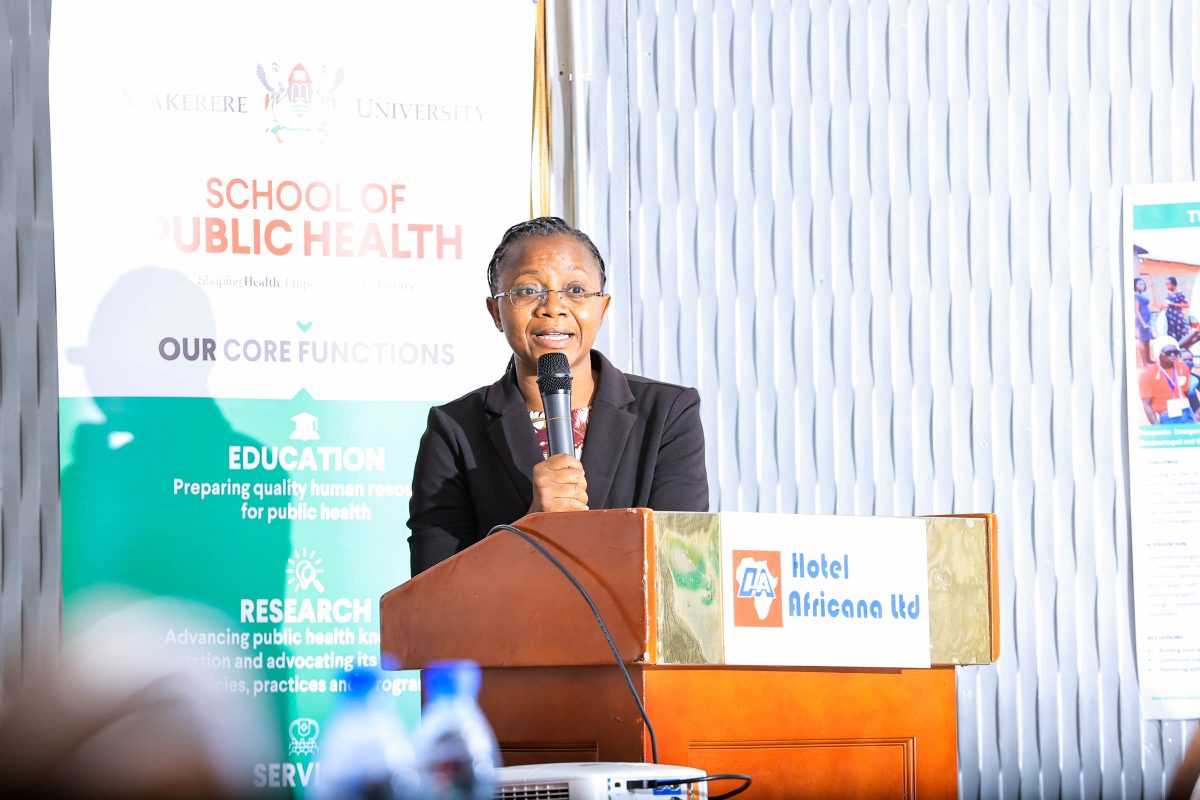
Since 2017, Uganda’s SIHI hub has supported 30 homegrown innovations, impacting tens of thousands of lives. “We’ve identified 21 standout solutions so far,” Dr. Awor shared. “But if we want them to go national, we need enabling policies.”
Globally, SIHI was founded in 2014 to bring together innovators, communities, policymakers, and academics across the Global South. With 15 hubs, including Uganda’s, SIHI has documented over 200 innovations and 40 case studies that demonstrate the power of grassroots solutions to improve health systems.
Dr. Olaro Charles, Uganda’s Acting Director General of Health Services, acknowledged that bureaucracy often stifles good ideas. “Sometimes, a small change in how you look at a problem can produce the best and most marketable solution,” he said.
He spoke from experience. As a clinician, Dr. Olaro led efforts to curb drug theft and stockouts by tightening distribution and boosting accountability. “It’s not like people walk off with whole boxes,” he explained. “But if you have 300 employees and each takes just one dose… that adds up. We introduced medicine returns, round-the-clock pharmacies, and ward-level audits. At first, there was resistance, but it worked.”
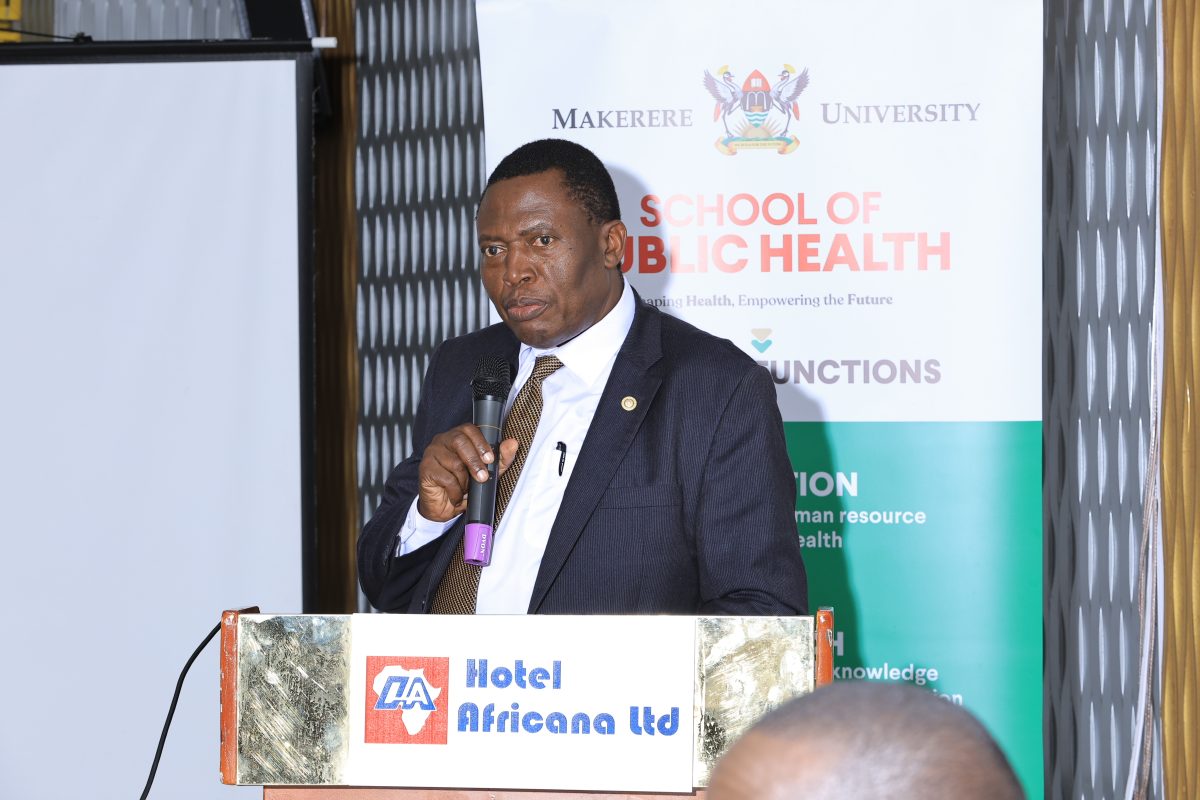
Another one of his most memorable innovations was setting up a neonatal unit for premature babies while he was a Medical Superintendent. “I remember a baby who weighed less than a kilo, barely six months old, and survived. We pushed survival rates to 85%. Eventually, we ran out of space. We began asking ourselves: Where had these children been going before? Previously, these children may have died within the community. These are innovations that create real, tangible impact. And I’m sure many of the things you’re doing here are creating similar results.”
He urged the Fellows to treat their innovations like living systems: “If they survive infant mortality, they’ll live longer. These ideas deserve to grow.”
Mr. Tomas Lundström, Health Counsellor at the Swedish Embassy, spoke with deep conviction about Sweden’s long-standing investment in Uganda’s future. “For decades, Sweden has believed in Uganda’s greatest asset, its people,” he said. “Through Sida, we funded the training of over 500 Makerere staff for PhDs. I didn’t start it. I didn’t train your PhDs. The Swedish taxpayers actually funded the training. Now that wasn’t just investment; it was transformation. It’s one reason Makerere is the powerhouse it is today.”
Lundström also shared a memory that continues to shape his view of development. While inspecting UNICEF projects in Zambia in 1998, he recalled visiting five villages where only one had shown some success. A driver suggested they visit the last village, the 5th. “We went. No one was there. We waited, then a man came running, covered in dirt. He was the village chief,” Lundström recounted. “He said something I’ve never forgotten: ‘Thomas, when the rainy season comes, we can’t take pregnant women to the clinic. Do you know where I can learn to build a bridge’?”
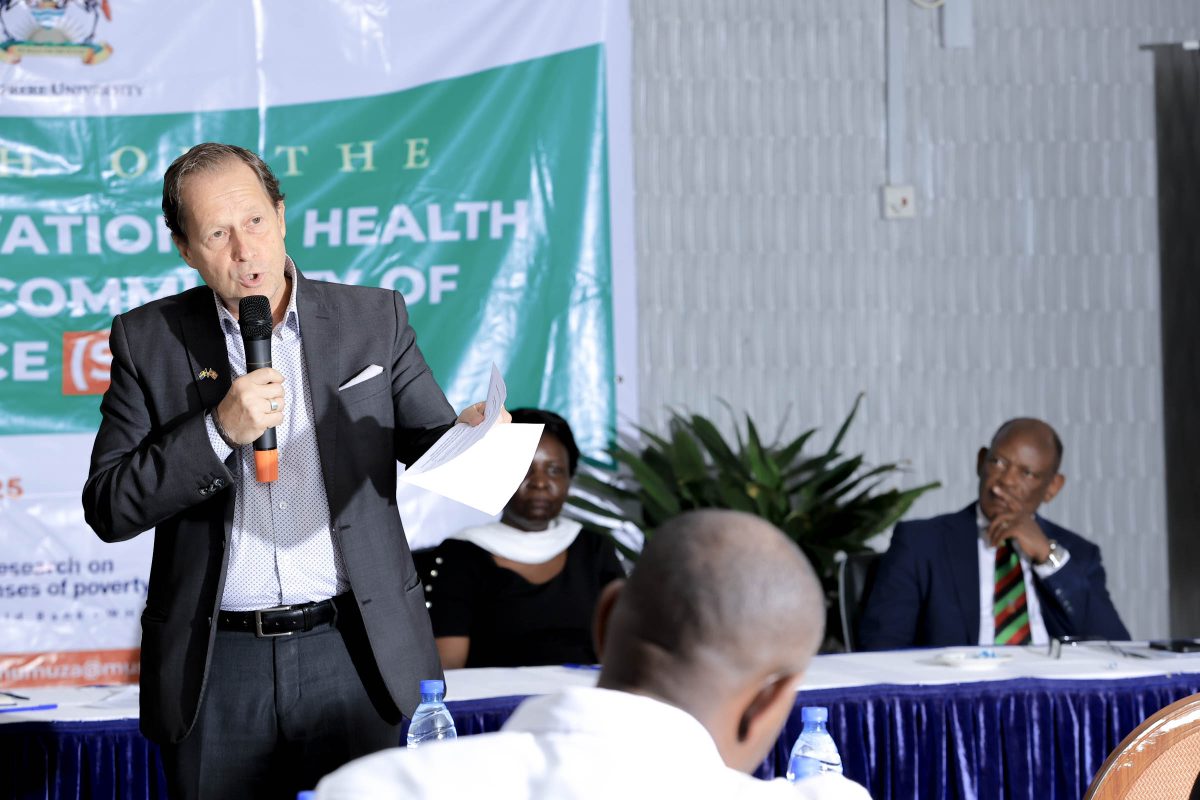
“That was different from what I usually hear—‘Can we have some money?’ Real change doesn’t come from handouts. It starts within communities.”
But Lundström warned that international aid is under strain. “We’ve already lost a lot of funding from U.S. and other donors. Ukraine, Sudan—global crises are pulling resources away. We must get creative. We must find new ways to secure resources.”
Still, he was optimistic. “We’re seriously considering continued support for another year. We’re also pushing for deeper collaboration between Makerere and Karolinska Institutet. But it’s up to you too,” he said.
He praised Dr. Phyllis Awor and her team: “What sets them apart is not just competence, but passion. She doesn’t do this because it’s her job; she does it because she believes in it. Because everyone deserves a fair chance, a seat at the table, a bit of hope.”
Makerere University Vice Chancellor, Professor Barnabas Nawangwe, echoed those sentiments, describing the School of Public Health as the university’s “engine of change.” He noted that the School contributes to nearly 30% of all university publications—and brings in 40% of its research funding.
“That’s no accident,” he said. “Public health is critical. Without health, there is no progress. That’s why donors invest in public health issues.”
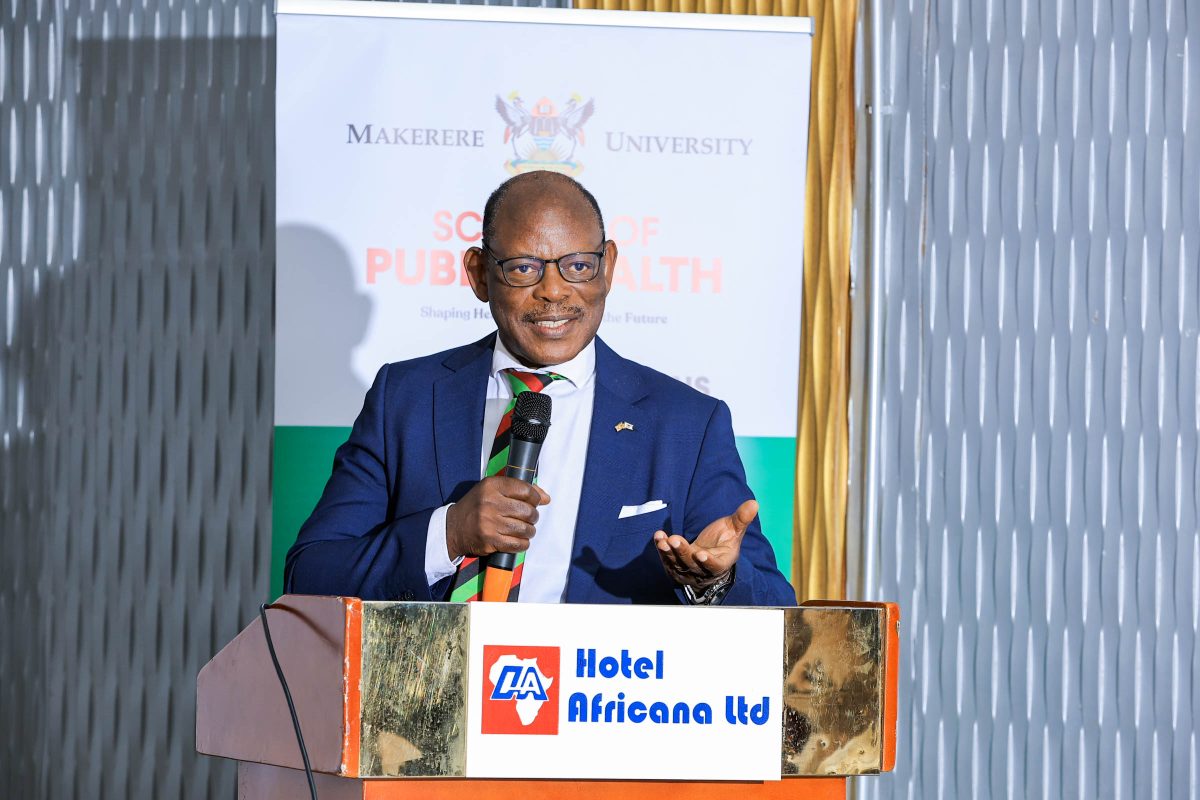
He described the social innovation initiative as a model for how academia and communities can work together, not just to publish but to transform lives. “When global rankings name Makerere the most community-impactful university, they’re recognizing what happens when scholars step beyond lecture halls. This is what happens when researchers dig deep into the ground to cultivate solutions that transcend national boundaries.
The Vice Chancellor also paid tribute to Sweden’s role in that transformation. “We cannot thank the people of Sweden enough. Their support through Sida trained over 500 of our staff to the PhD level—the largest staff development initiative I’ve seen at any university, anywhere. It came when we needed it most, after the war. That’s why Makerere stands today as a leading research institution in Africa.”
He congratulated the 2024/25 Fellows, praising their inspiring journeys, and commended Dr. Awor and her remarkable team of researchers for achieving what only world-class institutions can: “melding razor-sharp academia with the wisdom of villages, policy muscle with frontline innovations.”
